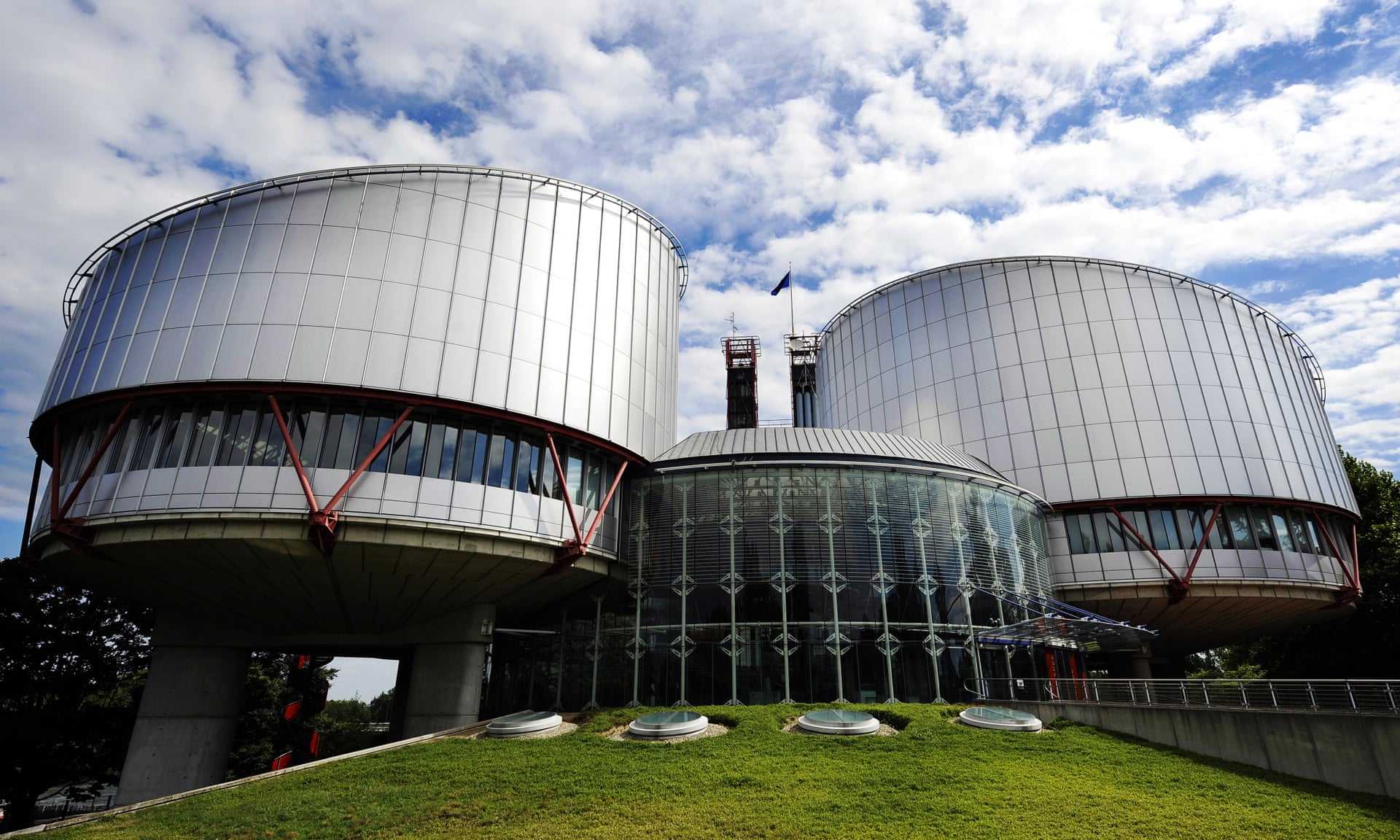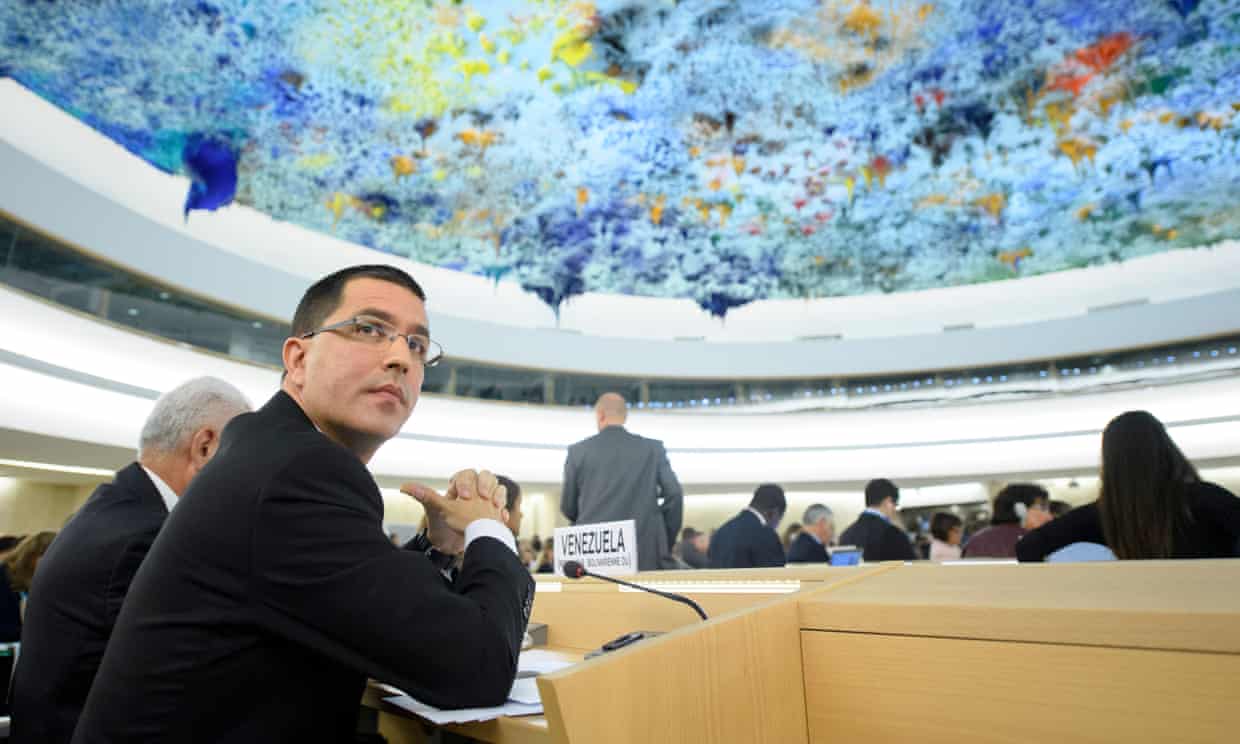By: Sara Adams
Impunity Watch News Reporter, Europe

STRASBOURG, France – The European Court of Human Rights (ECHR) ruled against employers surveilling their employees internet use earlier this month.
The ruling, released the first week of September, held that employers must notify employees that their emails and other internet usage may be monitored.
The case has been in the works since 2007, when instant messaging and e-mailing was growing in popularity.
A man in Romania, Bogdan Barbulescu, was terminated from his job when his employer discovered he was using the company’s messaging system to communicate with family members.
Mr. Barbulescu’s superiors brought printouts of the private messages, some of which were intimate, to prove that he was violating the company’s policy against private messaging during work hours.
Mr. Barbulsecu brought suit in Romanian court, alleging that the company violated Article 8 of the European Convention on Human Rights, which guarantees “respect for private and family correspondence.”
The Romanian court dismissed his claim. When the lower ECHR chambers ruled against him, finding no violation of privacy, Mr. Barbulescu appealed to the higher chambers.
There, the judges ruled in his favor 11-6, finding that the Romanian judges were incorrect when they dismissed Mr. Barbulescu’s case.
Even though Mr. Barculsecu was aware of the limitations on workplace internet use, the Court reasoned that this was not enough to substantiate such a violation of privacy.
“Although it was questionable whether Mr. Barculescu could have had a reasonable expectation of private in view of his employer’s restrictions on internet use, of which he had been informed, an employer’s instructions could not reduce private social life in the workplace to zero,” the court wrote.
Further, it was questionable what the company’s motives were for monitoring Mr. Barculsecu’s private correspondence in the first place. No evidence was presented by the company that explained why the company was investigating.
The landmark decision calls into question how far the right to privacy goes in Europe.
“It does not [generally] prohibit monitoring [of communications],” said Esther Lynch, the European Trade Union’s confederal secretary. Instead, she says it “sets high thresholds for its justification.”
“This is a very important step to better protect worker’s privacy.”
While the ECHR does not have the power to create legislation, its rulings set precedent used to guide national courts when they are tasked with interpreting the European Convention.
France, in particular, has represented to the court that the decision will carry implications on privacy and employment law. It may effectively bar employer’s ability to terminate employees over private communications.
For more information, please see:
BBC News – ECHR court reverses ruling on sacking over private messages – 5 September 2017
Reuters – European court rules companies must tell employees of email checks – 5 September 2017







